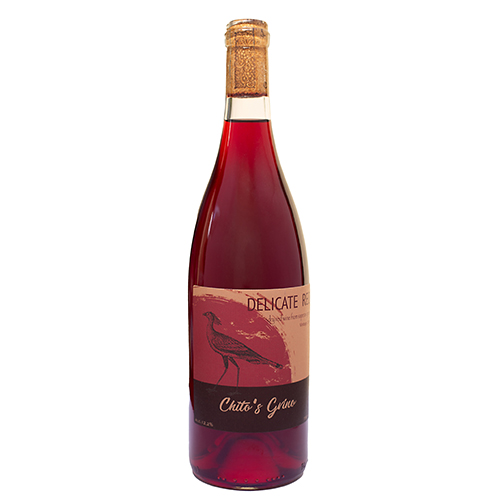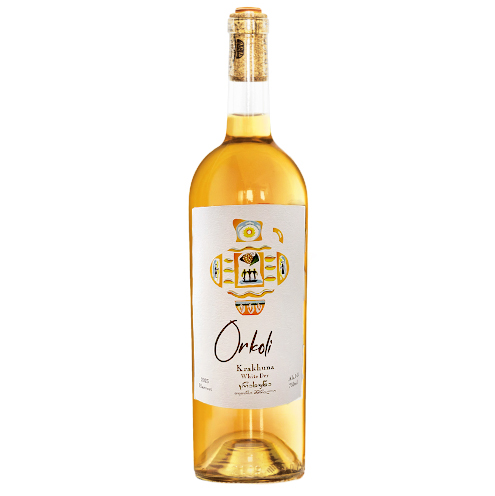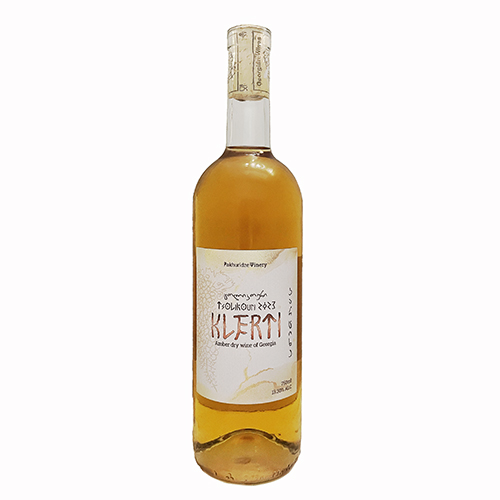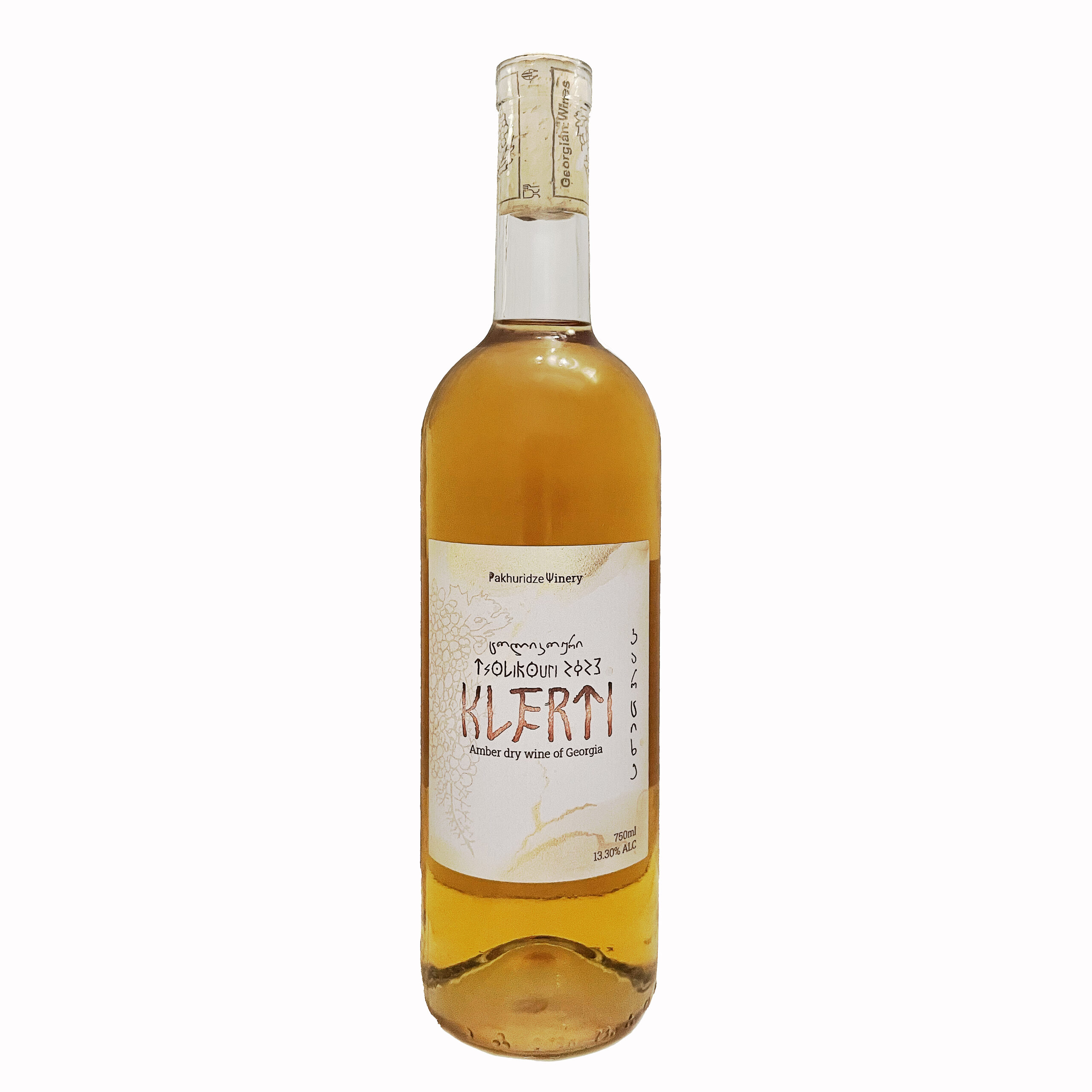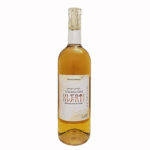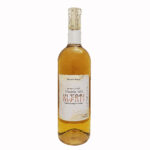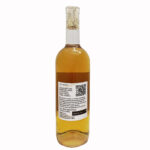Some wines speak loudly. This one whispers—but it lingers long after the glass is empty.
Tsolikouri, the noble white grape of western Georgia, has found a new expression in this amber dry wine from Klerti, crafted in the Imereti region using the traditional qvevri method. It’s a wine made with quiet confidence and time-honoured patience—fermented and aged on the skins in large clay vessels buried underground, as Georgians have done for millennia.
The result is a wine that combines gentle structure with depth, and fresh fruit with just enough tannic backbone to intrigue. The colour glows amber-gold, a hint at the complexity inside. On the nose, you’ll find quince, dried apricot, honeycomb, and herbal tea, while the palate balances subtle tannins, stone fruit, and minerality with grace.
It’s not a show-off. It’s a slow-burn—a thoughtful companion to food, conversation, and moments that ask for something honest.
Tasting Profile
-
Colour: Deep straw to amber, with golden hues
-
Aromas: Quince, dried apricot, citrus peel, honey, chamomile
-
Palate: Medium-bodied, dry, with soft tannins, balanced acidity, and a mineral core
-
Texture: Smooth, gently grippy from skin contact
-
Finish: Long, elegant, with hints of white tea and dried orchard fruit
Food Pairing Suggestions
Perfect for those who enjoy gastronomic versatility. Try it with:
-
Baked trout with herbs
-
Semi-soft cheeses (like Tomme or young Pecorino)
-
Grilled vegetables and Mediterranean salads
-
Chicken tagine or lamb with fruit-based sauces
-
Sushi and light Asian fusion cuisine
Serve at 12–14°C, ideally after 10 minutes in the glass. Let it stretch its legs.
⚙️ Technical Information
-
Producer: L.T.D. Klerti
-
Region: Imereti, Georgia
-
Grapes: 100% Tsolikouri
-
Vintage: 2023
-
Vinification: Traditional qvevri method (skin contact)
-
Alcohol: 13.3%
-
Storage: Stored in the European Union for fast, sustainable delivery
A perfect introduction to amber wines for those seeking balance over boldness. Tsolikouri by Klerti proves that tradition doesn’t mean being stuck in the past—it means knowing how to express the land with subtle power.
